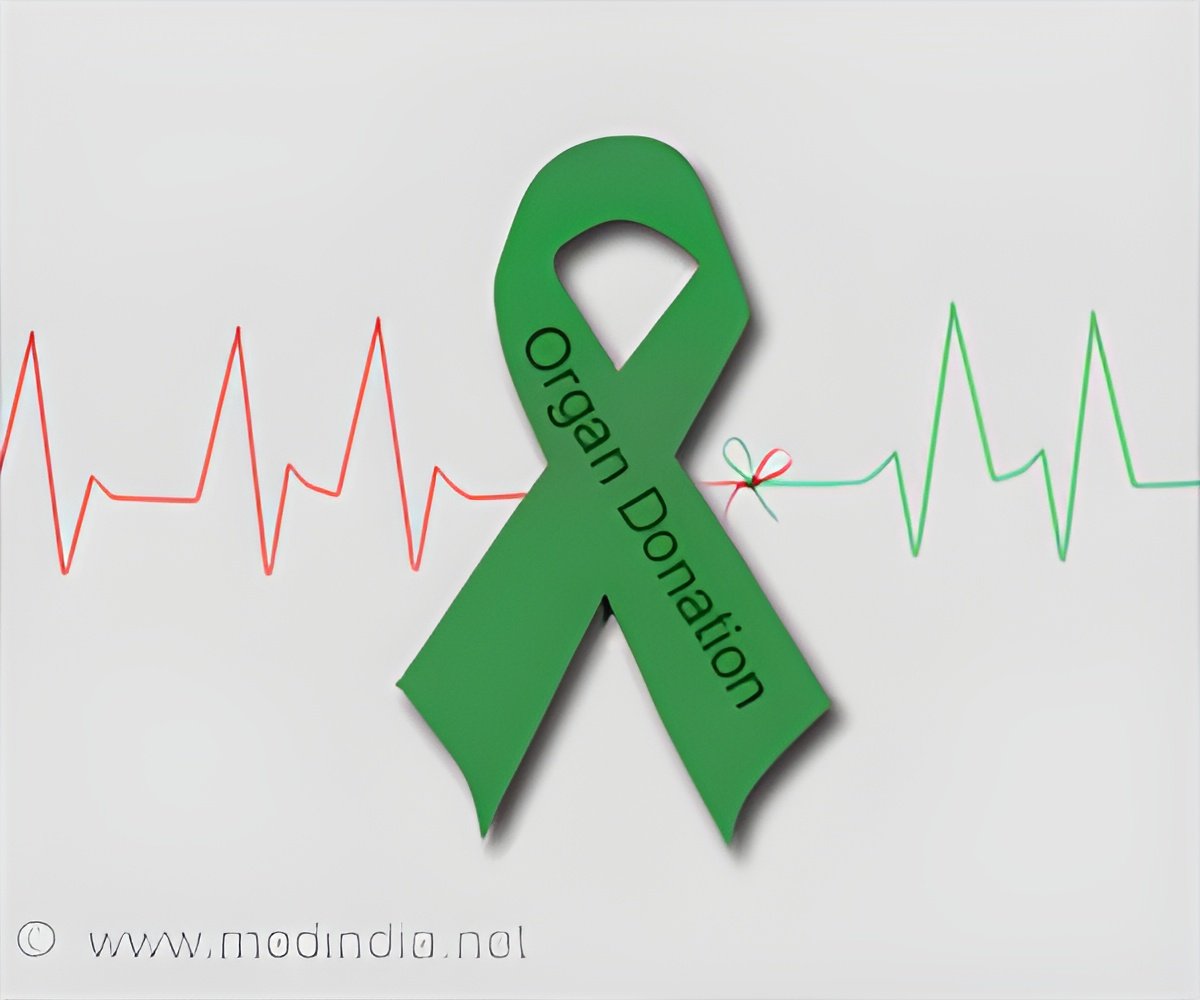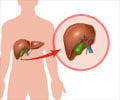A new report says that the growing black market trade of human organs is targeting and exploiting impoverished people in developing South Asian countries.

The study and Moniruzzaman's decade-long research in the field describe a growing worldwide market for body parts that include kidneys, parts of livers and even corneas.
According to Moniruzzaman, the people selling their organs are exploited by unethical brokers and recipients who are often Bangladeshi-born foreign nationals living in places such as the United States, Europe and the Middle East.
Since organ-selling is illegal, the brokers forge documents indicating the recipient and seller are related and claim the act is a family donation.
Doctors, hospital officials and drug companies turn a blind eye to the illicit act because they profit along with the broker and, of course, the recipient, said Moniruzzaman, who questioned many of the people involved.
Most of the 33 Bangladeshi sellers in his study had a kidney removed across the border in India. Generally, the poor seller and the wealthy recipient met at a medical facility and the transplant was performed at that time, he said.
Advertisement
One of the the experiences briefly explained in mentioned in the paper is that of Mehedi Hasan, a 23-year-old rickshaw puller who sold part of his liver to a wealthy recipient in the Bangladesh capital of Dhaka.
Advertisement
The recipient died soon after the transplant. Hasan received only part of the money he was promised and is now too sick to work, walk long distances or even breathe properly. He thinks often of killing himself, Moniruzzaman said.
Organ brokers typically snag the unwitting sellers through deceptive advertisements. One ad, in a Bangladeshi newspaper, falsely promised to reward a kidney seller with a visa to the United States.
The study examined more than 1,200 newspaper ads for the study, and said that some even promise kidney sellers a visa to the United States.
Moniruzzaman also found that cases of corneas being sold, a Bangladeshi woman, who said that she only needed one eye to see, had advertised to sell a cornea so she could feed her family.
He said it's important to note that most sellers do not make "autonomous choices" to sell their organs, but instead are manipulated and coerced. He said the global trade of organs is a fairly recent phenomenon - made possible by advances in medical technology in the past 30 years - that represents a form of gross exploitation unseen in human history.
He also recommended some steps that could be taken to combat organ trafficking.
Global governance - the U.S. Department of State should play an active role in putting pressure on national affairs and foreign governments to acknowledge the problem and insisting on crackdowns on brokers, recipients, doctors and businesspeople involved in the trade.
Transparency and accountability - the State Department should ensure all medical centers have a transplantation registry and verify the relationship between recipients and donors.
Cadaveric donation - countries such as Bangladesh that do not have a system in which people can donate organs when they die should implement these systems. The United States should provide aid and encourage cadaveric organ donation through educational institutions, news media and religious centres.
Moniruzzaman told lawmakers on the Human Rights Commission that realistically, organ trafficking will never be eliminated.
"But with our collaborative efforts we can significantly reduce this gross violation of human rights," he said
Source-ANI









